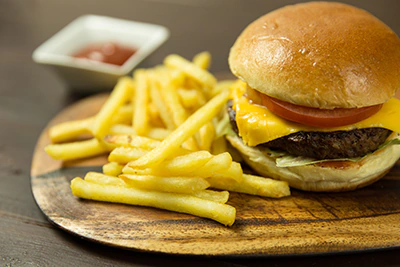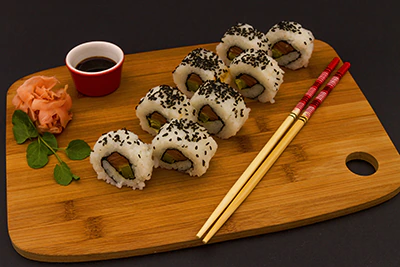| Essence |
Succinic acid or E363 is a dicarboxylic acid naturally found in nature such as grapes, blueberries, raspberries, apples, carrots, peas, broccoli, cranberries, meat, poultry, fish, and others. In food, it is typically used as an acidity regulator. It can be used also in medicine, as well as the production of various chemicals and polymers. |
| Names |
Butanedioic Acid, Amber acid, Ethylenesuccinic acid, Butanedioate, CAS 110-15-6, Spirit of amber, E363, Succinic Acid, and others. |
| Sourcing |
Commercially, it can be produced either by fermentation or by chemical synthesis. For the former, the sourcing ingredient is Glucose, Sucrose, Fructose, or Lignocellulosic sugars (such as Xylose, Arabinose, etc.). For the latter, it’s Maleic Acid or maleic anhydride. |
| Manufacturing |
If we consider fermentation, the sourcing ingredient is fermented into the additive typically by a bacterium known as Actinobacillus succinogenes (it converts it through its metabolic pathways). It can be done in a batch or using continuous systems. If we consider chemical synthesis, the sourcing ingredient undergoes catalytic hydrogenation (using catalysts such as Nickel or Palladium). Fermentation is considered the more environmentally friendly way to do it. |
| Application |
Antioxidant, preservative, acidity regulator, flavor enhancer, fermentation control, dough conditioner, and acidulant. It is highly soluble in water. |
| Acceptable Daily Intake |
None determined. |
| Side Effects |
Generally speaking, the additive has no real side effects. I mean, high consumption can lead to gastrointestinal discomfort (bloating, diarrhea, abdominal pain, etc.), allergic reactions (for a select few), and interactions with medications (like antacids, antibiotics, acid-sensitive drugs, and others). But that is basically expected with most all substances in some shape or form. |
| Benefits |
Succinic Acid (E363) naturally offers such health benefits as anti-inflammation, improved energy metabolism, improved skin hydration, Collagen synthesis, and anti-aging, as well as it offers antioxidant activity and helps with cardiovascular and brain health. |
| Studies |
6,970+ studies on Pubmed. Less than 125 studies on safety. |
| Allergens |
None. |
| Diet Restrictions |
It is Vegan-, Vegetarian-, Halal-, and Kosher-compatible. |
| Health Knight Assessment |
Only Beneficial. | Hence, it’s a Category 0 Additive. |
| Products |
The substance can be found in processed foods like veggie sausage patties, beef jerkies, crackers, sushi, premade breakfast foods, meat-containing souces and sauces in general, pastries, tuna, soy sauces, vegan dumplings, instant noodles, burgers with veggie-based meat alternatives, stuffed hash browns, crab legs, various meat alternative foods, sausages, dressings, turkey breasts, canned soups, premade pasta foods, sandwiches, chocolate fudge brownies, seasonings, soups, roll-ups, steaks, patties, smoked squids, biscuit sticks, potato chips, sausages, spring rolls, egg rolls, ravioli, and more. |



